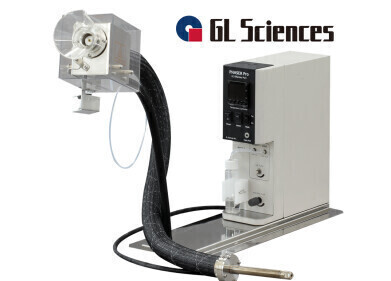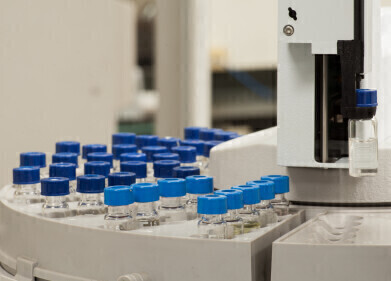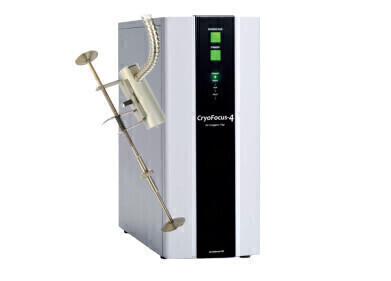-
 Molecules are being investigated using gas chromatography-mass spectrometry
Molecules are being investigated using gas chromatography-mass spectrometry
GC, MDGC
Gas chromatography-mass spectrometry helps untangle molecular puzzles
Aug 02 2010
In an article entitled Let's Get Physical, Emma Davies looks at the prospects for physical chemists as a growing focus on applied science increases demand for expert scientists.
Among the examples she looks at is Mark Johnson of Yale University, whose research focuses on understanding different substances at the molecular level.
In the case of water, his team combines GC-MS with infra-red at cryogenic temperatures to stabilise the molecule and yield structural information about its proton chemistry.
He says: "Very cold ions are nice objects; we're not dealing with floppy systems at room temperature which are hard to characterise."
Mr Johnson is the Arthur T Kemp professor of chemistry at Yale University, where he has been a member of the faculty for 25 years.
Events
Jan 20 2025 Amsterdam, Netherlands
Feb 03 2025 Dubai, UAE
Feb 05 2025 Guangzhou, China
Mar 01 2025 Boston, MA, USA
Mar 04 2025 Berlin, Germany













